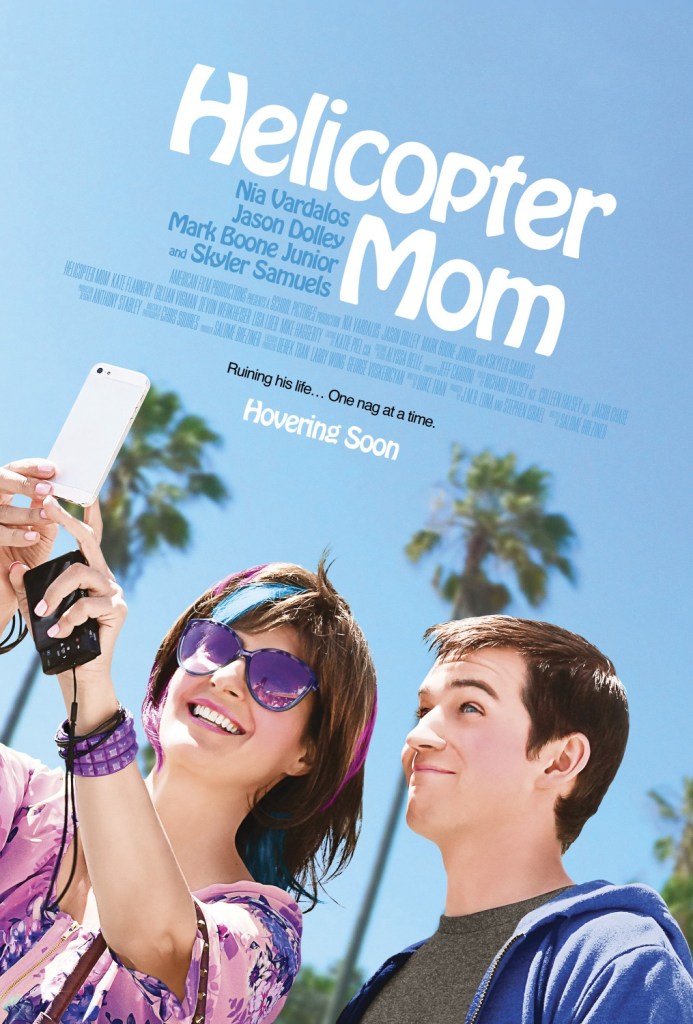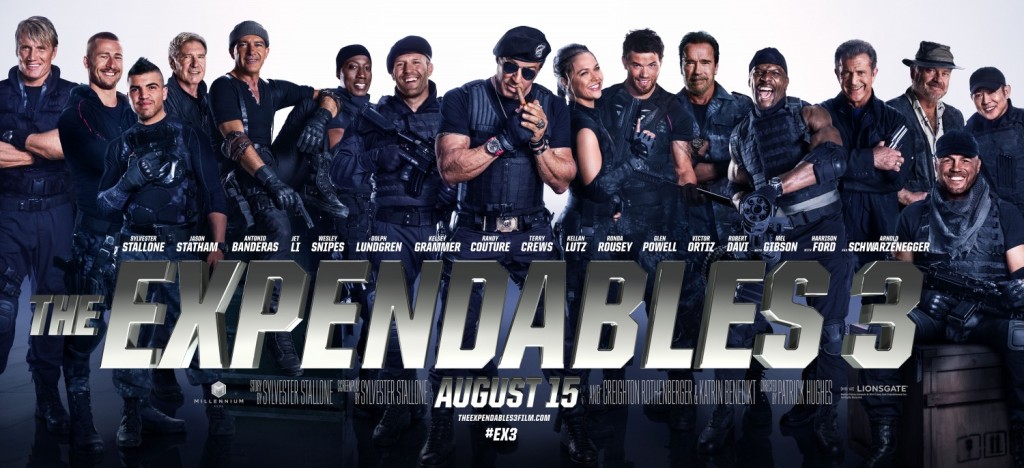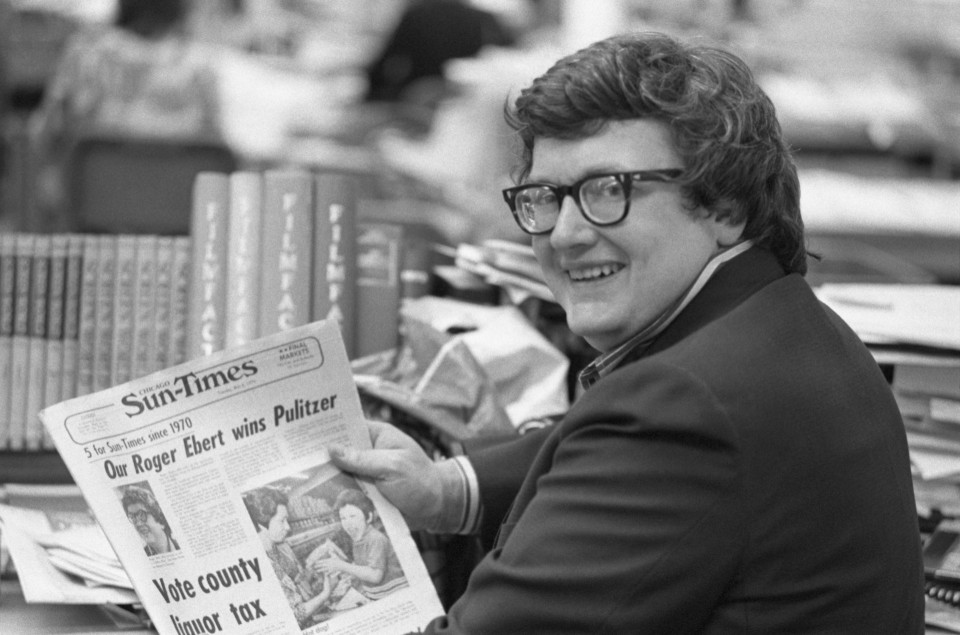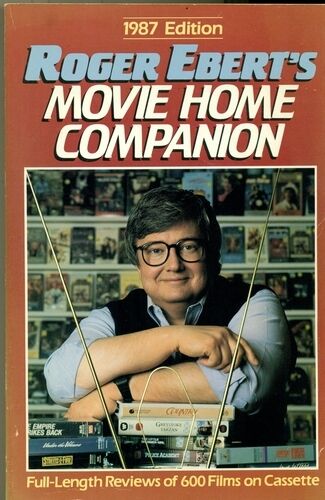‘American Sniper’ Movie and 4K Review

The following review was written by Ultimate Rabbit correspondent, Tony Farinella.
Out of all the films I watched in 2014, “American Sniper” was the one which hit me the hardest. I had never seen a film like it before, and I was surprised I enjoyed it as much as I did, considering I’m not a huge fan of war films. This is much more than a war film, though. It’s a personal story, and this part of the film resonated with me much more than any shootings. Although there is one particular shooting that made me wince, Chris Kyle was only doing what he was trained to do as a Navy Seal.

Bradley Cooper stars as Chris Kyle in one of the best performances of his career. Not only did he put on the weight to play Kyle, but he completely became him. On the special features, they talked about how they would have moments on set that would cause goosebumps because his performance was so true to life. It’s always a thing of beauty when you see an actor completely devote themselves to a role and a film. It helps that the film was directed by the legendary Clint Eastwood. There’s also a quality screenplay by Jason Hall, adapted from Kyle’s book of the same name.
Kyle believes strongly in America and goes through some intense training that would make most men run for the hills, but he eventually becomes a sniper for the Navy Seals. Before he even attempts to do this, someone informs him that most men quit. Kyle says he is no quitter. Meanwhile, he meets his wife, Taya, played by Sienna Miller, and they eventually have a child together, adding even more pressure to Kyle’s life. He ends up taking part in four tours, which puts a strain on their relationship and his well-being. He knows he is doing a service to his country and protecting his fellow men, but that doesn’t make things any easier.

One of the things I admired the most about this film was the patience in which it was filmed. Kyle ends up doing four tours, and we get to see the tours along with him spending time with his family. For me, the “at home” scenes were far more effective than his time as a sniper. This is not to take anything away from his time on tour and how it’s filmed. The scenes are jarring and extremely well shot. I’m just always more engrossed in the human side of the story, and that truly adds more to what’s happening during his time becoming “The Legend”, a nickname he seems proud of at times, but also a little uneasy about as well. He is known as the U.S.’s deadliest sniper.
A lot of attention and praise was put on Cooper upon the film’s release, but credit also goes out to Miller as she has an extremely tough role to portray as well as Taya. She has to be supportive of her husband while also looking out for the best interests of her family. One thing is certain: her love for Kyle never waivers. She just worries about feeling disconnected from him. It’s clear he’s not the same when everything is over. How can he be? As he tells his psychiatrist, he thinks more about the men he couldn’t save as opposed to the ones he did. However, Taya wants her husband back, and she wants the man she married. The ability to disconnect from the war is a hard one, and that is explored in great detail in this magnificent film.

“American Sniper” made my list of the top ten films of 2014, and it is also one of the best films Eastwood has ever directed. Everyone watches movies for various reasons. I watch movies to be moved and engrossed by great stories and fascinating people. On my third viewing, I’m happy to report “American Sniper” holds up incredibly well. It’s also enhanced by the 4K transfer Warner Brothers has added to the film as well. It was released a few years before 4K discs became a reality, and with this being the ten-year anniversary of the film, it’s a great time to add it to your collection and upgrade the Blu-ray if you already own it.
* * * * out of * * * *
4K Info: “American Sniper” is released on a single 4K disc from Warner Brothers Home Entertainment. It also comes with a digital copy of the film as well. The film runs at 132 minutes and is rated R for strong and disturbing war violence, and language throughout including some sexual references.
Video Info: “American Sniper” on 4K really takes you into the heat of battle. I did mention that the war scenes didn’t hit me as emotionally as the sequences between Chris and Taya, but they still had their impact nonetheless. You would have to be a rock to not be moved and affected by what’s happening on screen. All of it is shot with just the right number of colors and texture. It’s sort of a dreary looking film, but that is to be expected with war.
Audio Info: The Dolby Atmos soundtrack is also an improvement over the inconsistent audio on the previously released Blu-ray of the film, which was a bit too loud at times. This time, it’s right on cue throughout the entire film. It was also fairly consistent during the quieter moments as well.
Special Features:
One Soldier’s Story: The Journey of American Sniper
Chris Kyle: The Man Behind the Legend
Clint Eastwood: A Cinematic Legacy – The Heart of a Hero
Navy SEALs: In War and Peace
Bringing the War Home: The Cost of Heroism
The Making of American Sniper
Guardian
Should You Buy It?
“American Sniper” is finally on 4K, and it was well worth the wait. The technical aspects are amazing, as they usually are with a Clint Eastwood film, especially on 4K. Bradley Cooper turns in an astounding performance and one which really hit me like a ton of bricks. Sienna Miller also turns in an underrated and potent performance as well. This is a film firing on all cylinders, and it will make a great addition to your physical media collection. This is top-notch filmmaking and a film that comes from a labor of love from everyone involved. When you have films like this one, the audience is the ultimate winner. The special features are also ported over the Blu-ray release as well, and they add a lot of context and information on the making of the film and Chris Kyle’s backstory. This is a day-one purchase, especially with the impressive slipcover which is included with this release.
**Disclaimer** I received a copy of this film from Warner Brothers to review for free. The opinions and statements in the review are mine and mine alone.













